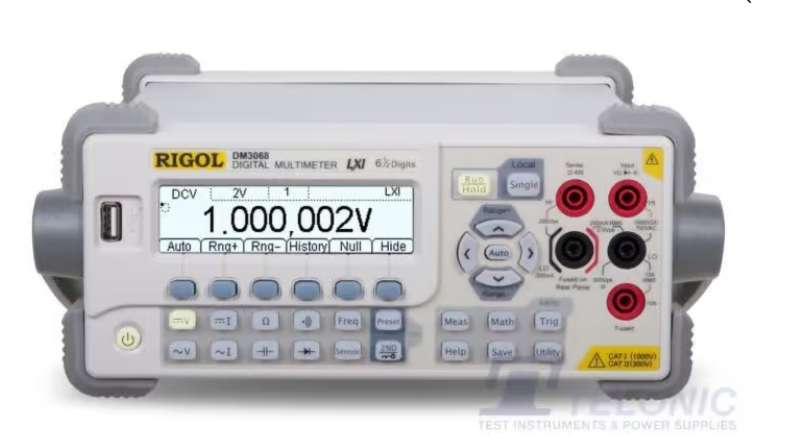…I attempted to test/run the motor with a car battery charger. It didn’t work anyway, and I didn’t electrocute myself. Was this even a valid test?
…
Yes, assuming the battery charger can provide enough current, which it probably can.
That the motor didn’t stir is probably bad news but have a look at the brushes. Will be obvious if they’re badly worn. Also make sure the commutator is clean and undamaged.
Motors often fail if worked too hard for too long. The windings get hot enough to destroy the insulation resulting in shorted turns. Or corrosion/vibration has broken a connection inside.
If power reaches the motor with the filter in circuit, and the motor doesn’t turn, then the filter is OK. Unless they fail open or short circuit a multi-meter won’t help much. It’s safe to disconnect a filter – they short electronic muck to ground, a very good thing, but the motor will work antisocially without them. If suspected of being faulty, just replace it.
Useful clues that a motor is done for when power is reaching it are blue smoke and getting hot. Or nothing at all. Worth having a look inside, but it’s usually easier to replace than repair. Older motors tend to be easier to work on than new ones, which might be riveted, clipped or welded together.
Beware spending £50 on a Fluke meter to save money on a £28 fix! However, meters pay off the more they get used, or for educational reasons. And if you own one it will probably get used!
Approach the desk lamps with caution. Whilst 12v is almost entirely safe 240vac is potentially deadly. A little understanding reduces the risk considerably. A shock received whilst testing on a dry wooden floor is much less dangerous than the same shock received whilst stood on a slightly damp concrete floor. And better to test the lamps for continuity with the meter’s low ohms range rather than plugging them in and poking about for high voltages.
In these situations I ask myself ‘is this dumb, dangerous or different?’ Dumb might be because “I don’t understand this yet”. Dangerous as in “could I end up in hospital, A&E or the morgue?” and Different as in “Is this new and untried, and outside my experience”. Professionals often break the dumb rule by taking unwise shortcuts – acting thoughtlessly under pressure or whilst unwell.
Have a go though, just be careful with mains!
Dave
Danni Burns.





